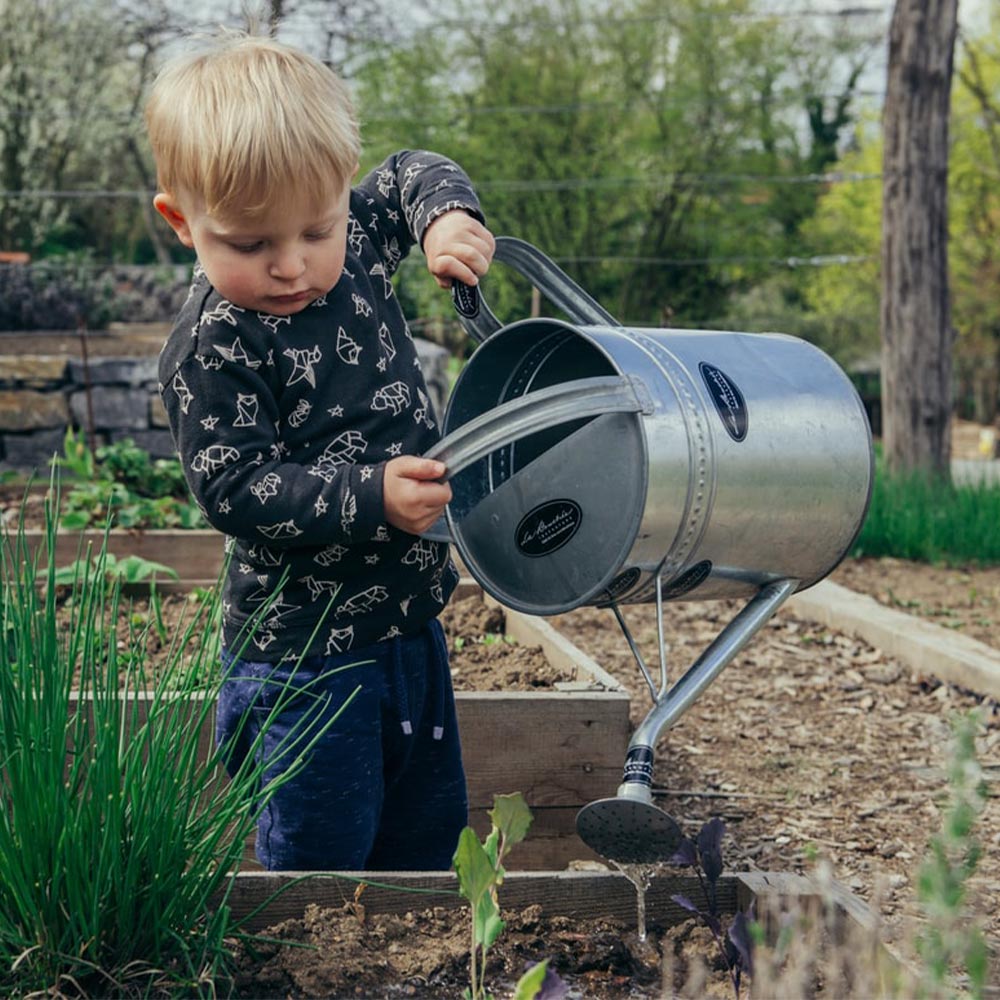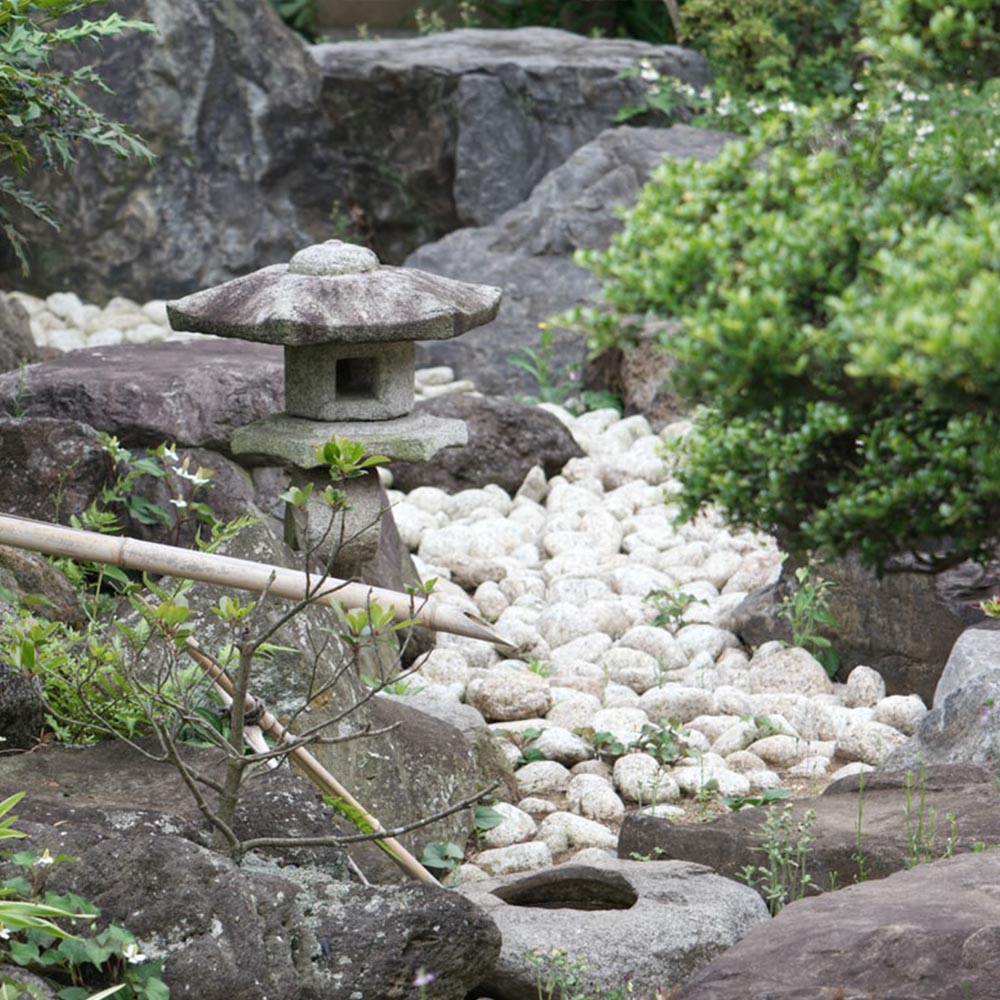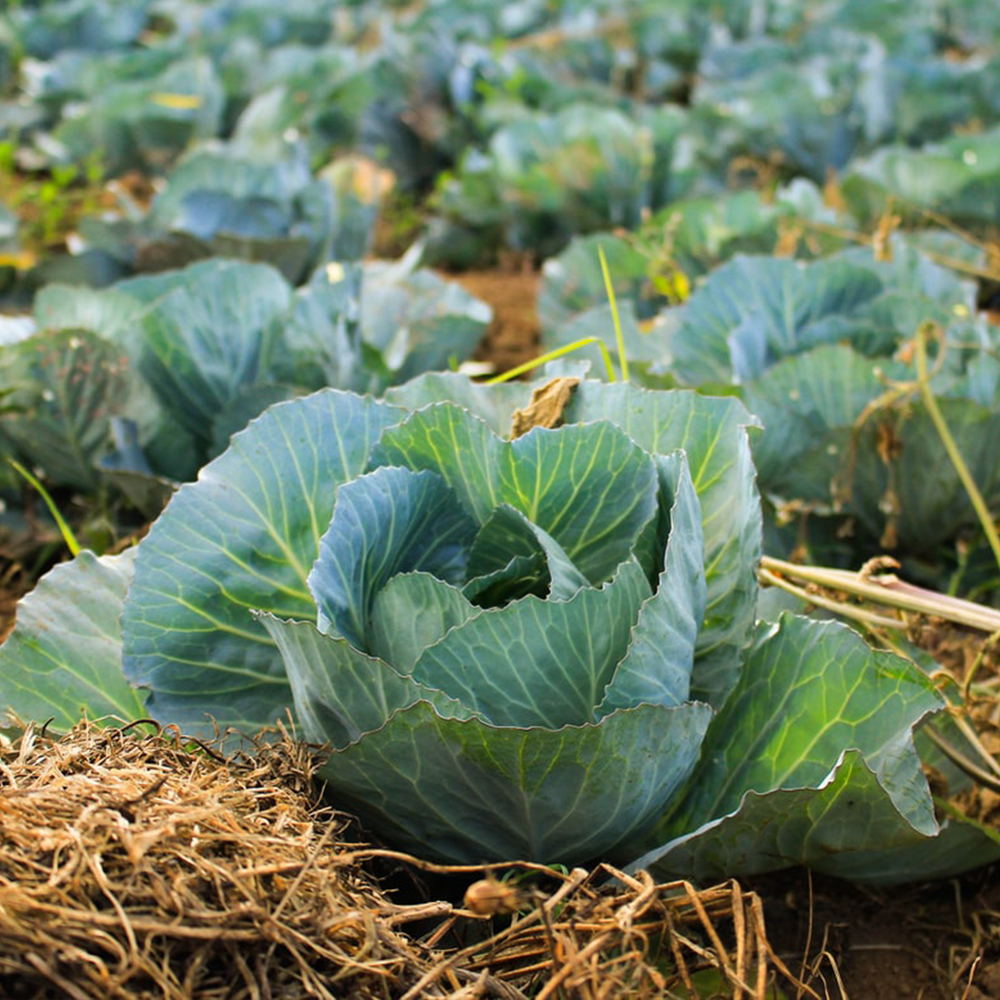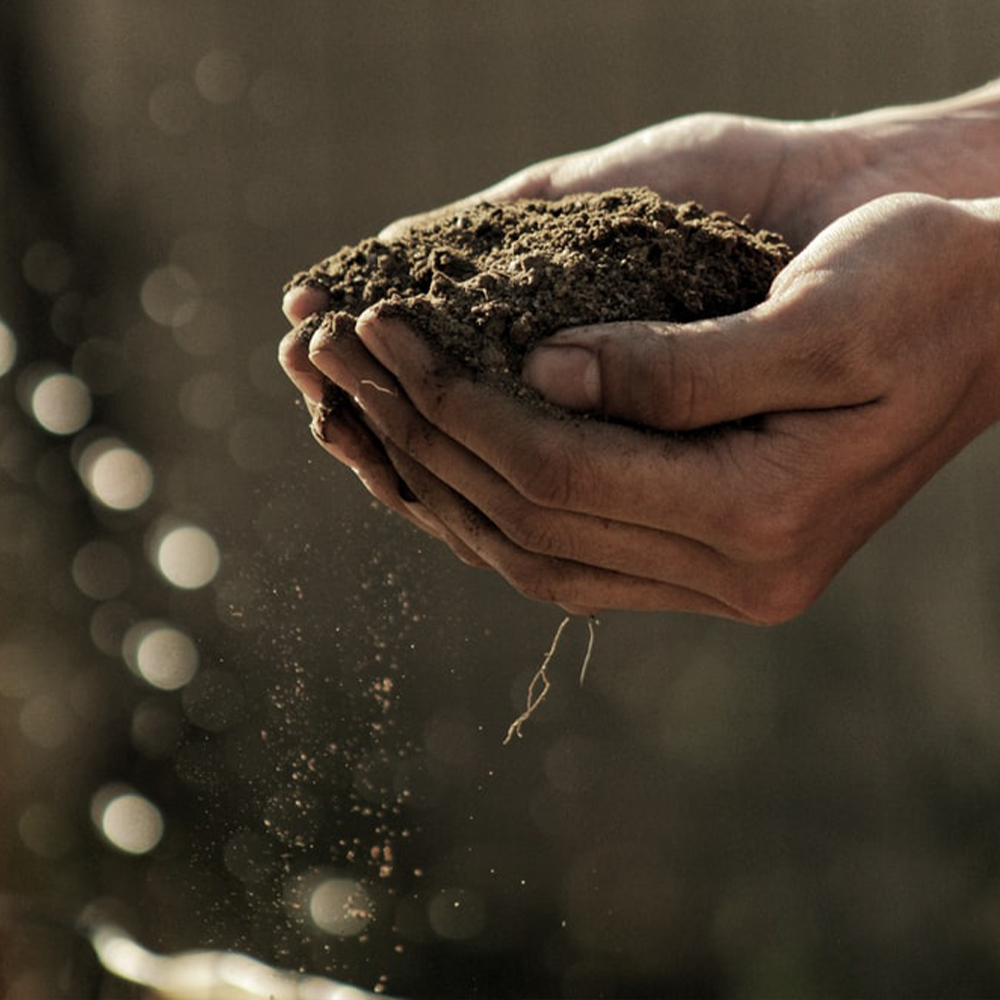HOW TO PRODUCE AMAZING TOMATOES WITH EPSOM SALT
Epsom salts are a great organic mineral supplement for your garden. They’re inexpensive and safe for your plants, pets and kids.
For hundreds of years, gardeners have used Epsom salts to improve the fruiting and flowering of all sorts of plants. It’s known to enhance colours and textures and produce stronger more bountiful crops and blooms. They are especially beneficial for improving your tomato yield and other fruit harvests.
The key benefit of Epsom salt is hydrated magnesium sulfate. Typically Epsom salts contain 10% magnesium and 13% sulfur.
Magnesium is vital to the production of chlorophyll and ensures the healthy growth of fruit and flowers as well as seed germination. It also enhances the uptake of nitrogen, phosphorus, and
Epsom salt crystals break down into the water and because it’s pH neutral, the magnesium sulfate doesn’t harm your soil.

When should you use Epsom salts in the garden?
Incorporate Epsom salt into the soil at the time of planting to give your garden a powerful boost from the get-go. Magnesium assists seed germination while strengthening plants’ cell walls, which produces stronger, robust seedlings. Mix one good heaped tablespoon of the salt with some soil at the bottom of the seed hole. Then cover with a shallow layer of clean soil before dropping in your seed or transplanted seedling.
Boost your harvest with Epsom salts
Incorporate diluted Epsom salts into your watering every two to three weeks. Dissolve a heaped tablespoon of Epsom salt with every 4 litres of water and spray directly onto the foliage.
Because it increases the chlorophyll levels in plant cells, regular spraying of your tomato bushes and other fruiting plants with Epsom salts will yield a bigger harvest. Tomatoes and capsicum in particular will benefit from a good feed of Epsom salt because they tend to produce large amounts of fruit compared to the relatively smaller size of each plant.
Use Epsom salts to curb yellowing.
Many gardeners experience yellowing leaves on their tomato plants, especially during the fruiting season. The primary cause is magnesium deficiency as available magnesium is diverted to produce fruit. Epsom salt is a great way of correcting magnesium deficiency. Dolomitic lime is another way to add magnesium to your garden, although it takes longer to break down. Diluted Epsom salts sprayed directly onto the plants enable plants to absorb magnesium quickly and swiftly correct the deficiency.
Many different plants are subject to yellowing from magnesium deficiency, from flowering bushes, ferns, lawns through to a whole range of garden vegetables.
If the application of Epsom salts doesn’t alleviate yellowing, you’ll need to investigate possible other causes such as fungal disease or aphids.
Rose gardeners also swear by Epsom salt
Due to the boost, it gives to chlorophyll production, Epsom salts also help your roses produce large numbers of sizable intensely coloured blooms. Roses will benefit most from Epson salt if you apply:
At the time of planting (or transplanting)
At the first sign of new growth
When in bloom
The increased levels of chlorophyll will also give the leaves on your rose bush a deeper shade of green so your blooms ‘pop’ from a dark backdrop.














